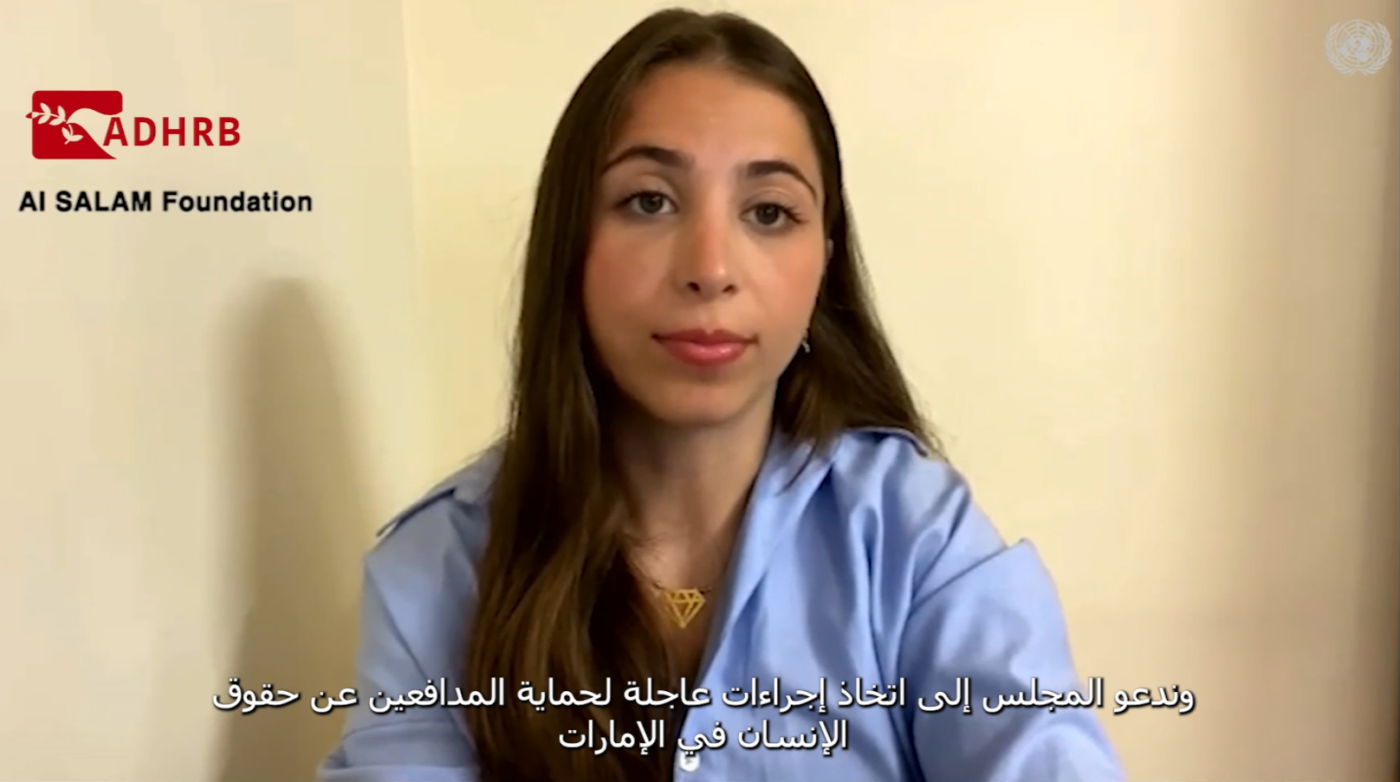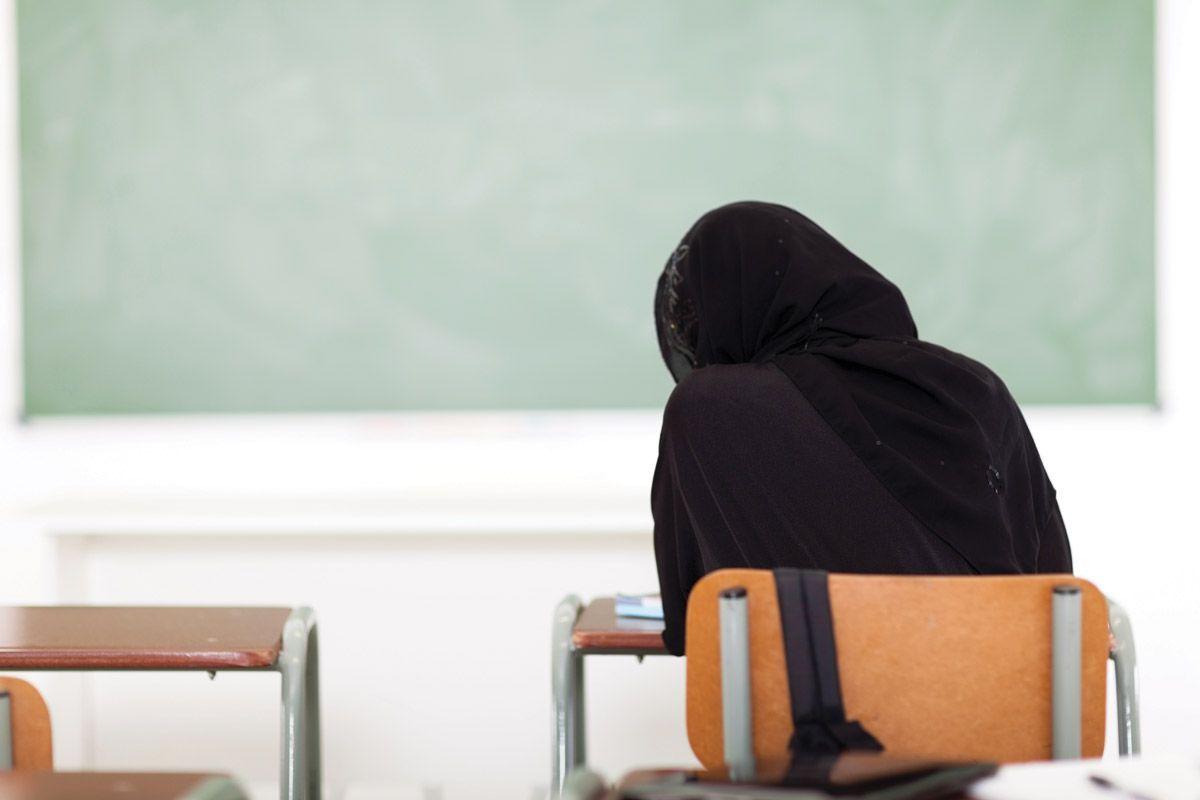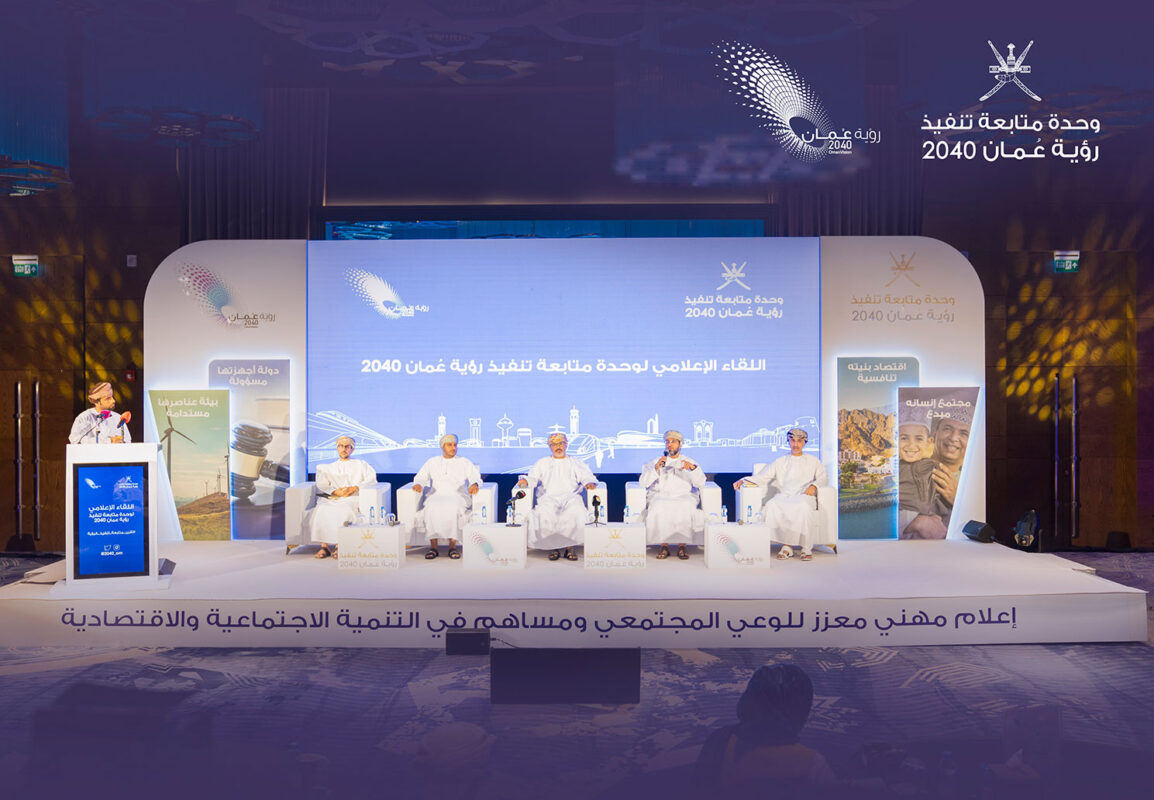Introduction The United Arab Emirates (UAE) has rapidly positioned itself as a leader in artificial intelligence (AI), integrating advanced technologies across various sectors to drive economic growth and enhance governance. Central to this strategy is the deployment of AI-driven surveillance systems aimed at increasing national security and public safety. However, the extensive use of such[…]
On March 21, 2025, Americans for Democracy and human rights in Bahrain delivered an intervention during the 58th session of the UN Human Rights Council. In its intervention under Item 5, ADHRB highlighted the alarming situation of Emirati human rights defender Ahmed Mansoor. We draw the Council’s attention to the alarming situation of prominent human[…]
Context and Background The evolution of women’s access to education in the Gulf Cooperation Council (GCC) countries – Bahrain, Kuwait, Oman, Qatar, Saudi Arabia, and the United Arab Emirates – presents gradual but progressive advancements, reflecting broader societal transformations in the region. In the early 20th century, education for women was traditionally limited, as cultural[…]
All GCC states implement the kafala system, a visa sponsorship program that gives extensive powers to employers and leaves workers vulnerable to abuse. Domestic workers, primarily women from South and Southeast Asia, are especially vulnerable to exploitation due to their isolation and reliance on their employers. They face a higher risk of physical, sexual, and[…]
Oman Vision 2040 is the country’s long-term development strategy to diversify its economy, enhance social services, and foster sustainable growth, similar to those developed by Qatar and Saudi Arabia. While the plan focuses on economic transformation and technological advancement, Kawthar al Farsi, Director of the Government Performance Measuring Department, claims this strategy is also compatible[…]









